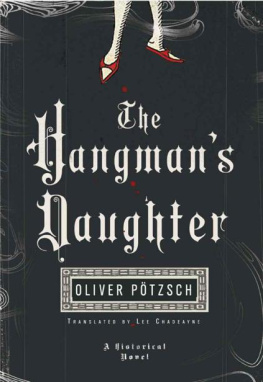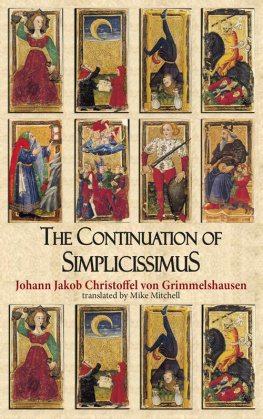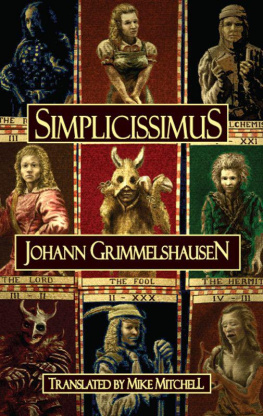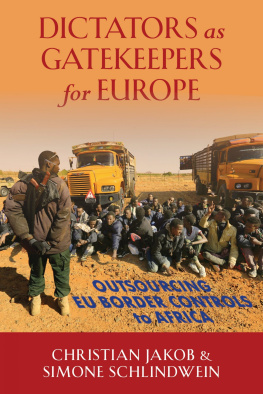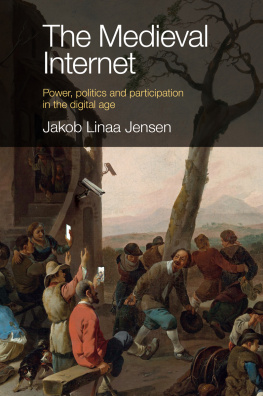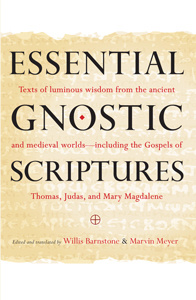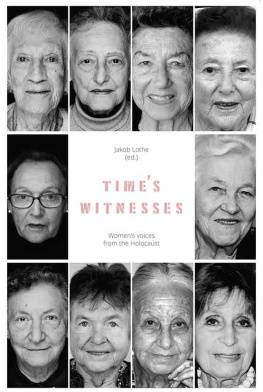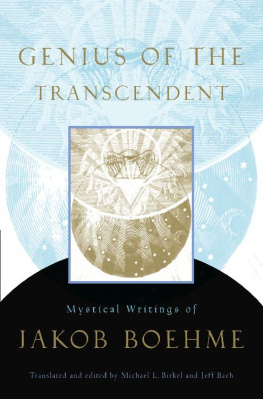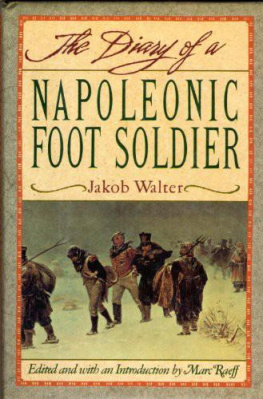The Hangmans Daughter
A HISTORICAL NOVEL
OLIVER PTZSCH
The Hangmans Daughter
A HISTORICAL NOVEL
Translated by
LEE CHADEAYNE

The characters and events portrayed in this book are fictitious.
Any similarity to real persons, living or dead, is coincidental and not intended by the author.
Text copyright 2008 Ullstein Buchverlage GmbH
English translation copyright 2010 by Amazon Content Services LLC
Map illustration copyright Peter Palm
All rights reserved.
No part of this book may be reproduced, or stored in a retrieval system, or transmitted in any form or by any means, electronic, mechanical, photocopying, recording, or otherwise, without express written permission of the publisher.
Published by AmazonCrossing
P.O. Box 400818
Las Vegas, NV 89140
Produced by Melcher Media, Inc.
124 West 13th Street
New York, NY 10011
www.melcher.com
Library of Congress Control Number: 2010910796
ISBN: 978-1-935597-05-6
The Hangmans Daughter was first published in 2008 by Ullstein Buchverlage GmbH as Die Henkerstochter.
Translated from German by Lee Chadeayne.
First published in the U.S. in 2010 by AmazonCrossing.
Map illustration by Peter Palm, Berlin/Germany
Author photo Dominik Parzinger

To the memory of Fritz Kuisl
For Niklas and Lily
at the other end of the line

DRAMATIS PERSONAE
JAKOB KUISL, the hangman of Schongau
SIMON FRONWIESER, the town physicians son
MAGDALENA KUISL, the hangmans daughter
ANNA MARIA KUISL, the hangmans wife
THE KUISL TWINS, Georg and Barbara
BONIFAZ FRONWIESER, the town physician
MARTHA STECHLIN, midwife
JOSEF GRIMMER, wagon driver
GEORG RIEGG, wagon driver
KONRAD WEBER, parish priest
KATHARINA DAUBENBERGER, midwife from Peiting
RESL, serving maid at the Goldener Stern Inn
MARTIN HUEBER, wagon driver from Augsburg
FRANZ STRASSER, innkeeper in Altenstadt
CLEMENS KRATZ, grocer
AGATHE KRATZ, the grocers wife
MARIA SCHREEVOGL, the aldermans wife
COUNT WOLF DIETRICH VON SANDIZELL, the secretary of the Duke-Elector of Bavaria
THE ALDERMEN
JOHANN LECHNER, court clerk
KARL SEMER, presiding burgomaster and landlord of the Goldener Stern Inn
MATTHIAS AUGUSTIN, member of the inner council
MATTHIAS HOLZHOFER, burgomaster
JOHANN PCHNER, burgomaster
WILHELM HARDENBERG, superintendent of the Holy Ghost almshouse
JAKOB SCHREEVOGL, stovemaker and trial witness
MICHAEL BERCHTHOLDT, baker and trial witness
GEORG AUGUSTIN, wagon driver and trial witness
THE CHILDREN
SOPHIE DANGLER, ward of linen weaver Andreas Dangler
ANTON KRATZ, ward of grocer Clemens Kratz
CLARA SCHREEVOGL, ward of alderman Jakob Schreevogl
JOHANNES STRASSER, ward of innkeeper Franz Strasser in Altenstadt
PETER GRIMMER, son of Josef Grimmer, mother deceased
THE SOLDIERS
CHRISTIAN BRAUNSCHWEIGER, ANDR PIRKHOFER, HANS HOHENLEITNER, CHRISTOPH HOLZAPFEL
CONTENTS
PROLOGUE
S CHONGAU
O CTOBER 12, A.D . 1624
O CTOBER 12 WAS A GOOD DAY FOR A KILLING. IT had rained all week, but on this Friday, after the church fair, our good Lord was in a kindlier mood. Though autumn had already come, the sun was shining brightly on that part of Bavaria they call the Pfaffenwinkelthe priests cornerand merry noise and laughter could be heard from the town. Drums rumbled, cymbals clanged, and somewhere a fiddle was playing. The aroma of deep-fried doughnuts and roasted meat drifted down to the foul-smelling tanners quarter. Yes, it was going to be a lovely execution.
Jakob Kuisl was standing in the main room, which was bathed in light, trying to wake up his father. The bailiff had called on them twice already, and there was no way hed be able to send him away a third time. The hangman of Schongau sat bent over, his head lying on a table and his long straggly hair floating in a puddle of beer and cheap brandy. He was snoring, and at times he made twitching movements in his sleep.
Jakob bent down to his fathers ear. He smelled a mix of alcohol and sweat. The sweat of fear. His father always smelled like that before executions. A moderate drinker otherwise, he began to drink heavily as soon as the death sentence had been pronounced. He didnt eat; he hardly talked. At night he often woke up screaming and drenched in perspiration. The two days immediately before the execution there was no use talking to him. Katharina, his wife, knew that and would move to her sister-in-laws with the children. Jakob, however, had to stay behind, as he was his fathers eldest son and apprentice.
Weve got to go! The bailiffs waiting.
Jakob whispered at first, then he talked louder, and by now he was screaming. Finally the snoring colossus stirred.
Johannes Kuisl stared at his son with bloodshot eyes. His skin was the color of old, crusty bread dough; his black, straggly beard was still sticky with last nights barley broth. He rubbed his face with his long, almost clawlike fingers. Then he rose to his full height of almost six feet. His huge body swayed, and it seemed for a moment that hed fall over again. Then, however, Johannes Kuisl found his balance and stood up straight.
Jakob handed his father his stained overcoat, the leather cape for his shoulders, and his gloves. Slowly the huge man got dressed and wiped the hair from his forehead. Then, without a word, he walked to the far end of the room. There, between the battered kitchen bench and the house altar with its crucifix and dried roses, stood his hangmans sword. It measured over two arms lengths and it had a short crossguard, and though it had no point, its edge was sharp enough to cut a hair in midair. No one could say how old it was. Father sharpened it regularly, and it sparkled in the sun as if it had been forged only yesterday. Before it was Johannes Kuisls, it had belonged to his father-in-law Jrg Abriel, and to his father and his grandfather before that. Someday, it would be Jakobs.
Outside the door the bailiff was waiting, a small, slight man who kept turning his head toward the town walls. They were late as it was, and some in the crowd were probably getting impatient now.
Get the wagon ready, Jakob.
His fathers voice was calm and deep. The crying and sobbing of last night had disappeared as if by magic.
As Johannes Kuisl shoved his heavy frame through the low wooden doorway, the bailiff instinctively stepped back and crossed himself. Nobody in the town liked to meet the hangman. No wonder his house was outside the walls, in the tanners quarter. When the huge man came to the inn for wine, he sat alone at the table in silence. People avoided his eyes in the street. They said it meant bad luck, especially on execution days. The leather gloves he was wearing today would be burned after the execution.
The hangman sat down on the bench in front of his house to enjoy the midday sun. Anyone seeing him now would hardly believe that he was the same man who had been deliriously babbling not an hour before. Johannes Kuisl had a good reputation as an executioner. Fast, strong, never hesitating. Nobody outside his family knew how much drink he used to down before executions. Now he had his eyes closed, as if he were listening to a distant tune. The noise from the town was still in the air. Music, laughter, a blackbird singing nearby. The sword was leaning against the bench, like a walking stick.

